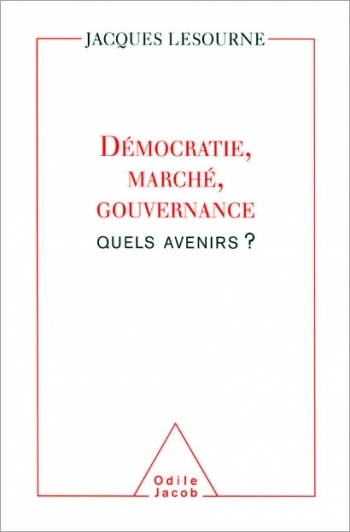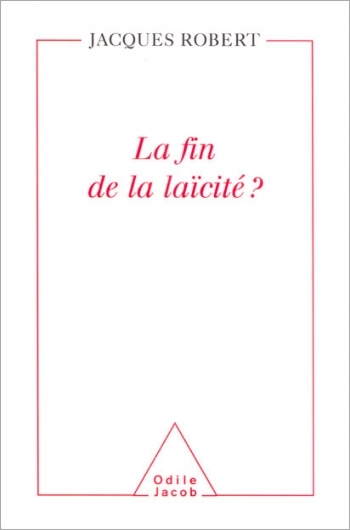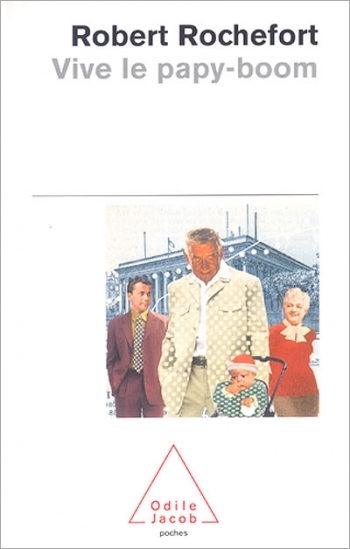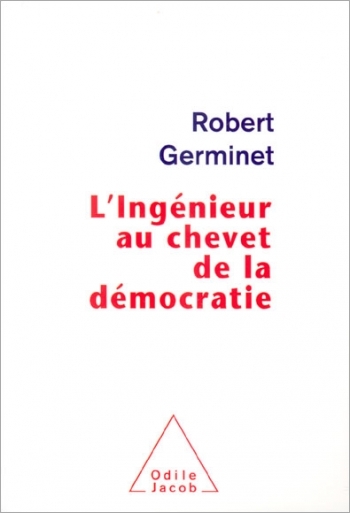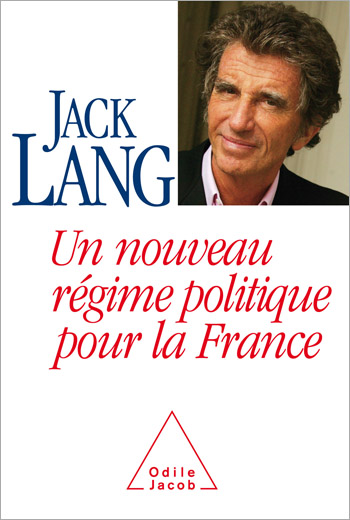Human Sciences All books
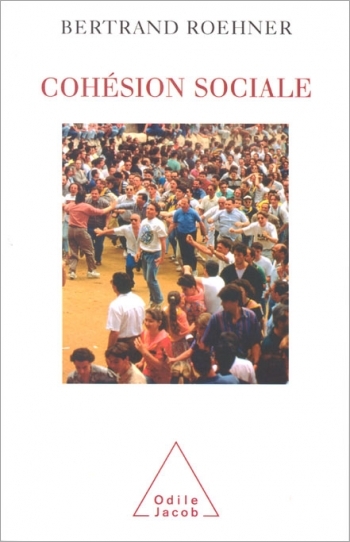
Bertrand Roehner
Social cohesion
The methodology of physics is now being applied to the social sciences. Social cohesion, which assures social stability and continuity, is both observable and measurable. It may be observed in events that repeat: in test events such as the destruction of the mosque in Ayodhya, India (1992), and of the twin towers of the World Trade Center in Manhattan (2001); in catastrophes such as the Great Fire of London (1666), the earthquakes and fires of San Francisco (1906) and Tokyo (1923); in the riots of rejection in Lawrence, Mass., U.S.A. (1984), and in Aigues-Mortes, France (1893); in the protest riots in Brixton, U.K. (1981); and in resistance to foreign occupation, as in France (1940). Social cohesion can be measured through the reactions of a given society in the aftermath of a shock: for example, in the number of Hindu temples that were burned down or mosques that were destroyed following the first two test events listed above. By borrowing the methods of physics, social scientists have been able to make predictions in their own field. Bertrand Roehner is a member of the Laboratory of Theoretical Physics at Pierre et Marie Curie-University of Paris VII. He is the author of Un siècle de commerce du blé en France (Economica), Theory of Markets (Springer), Application of Physics in Economic Modelling, Pattern and Repertoire in History (Harvard University Press) and Separatism and Integration (Rowman and Littlefield).

Roger-Pol Droit
Michel Foucault, interviews
On 25 June 1984, Michel Foucault died of AIDS-related complications at a hospital in Paris. Since then, his reputation and influence - already great during his lifetime - have not ceased to grow. Whether his subject was asylums, prisons or the history of sexuality, Foucault always tried to understand the organising forces behind prevalent social attitudes, by which a society defines itself, so as to disrupt the existing order. A philosopher as well as a historian, Foucault was an unclassifiable, unpredictable, subversive thinker, and the inventor of a new style of intellectual investigation. He rarely spoke of himself, or of his goals, or of his relations to his own writing, experiences and intellectual development. He did, however, talk about himself in a series of interviews that he gave me in June 1975, a few weeks after the publication of Discipline and Punish: The Birth of the Prison. Wishing to pay homage to his memory, I have gathered here three of those interviews, which were previously published in the press, along with some of my memories and thoughts about him, writes Roger-Pol Droit. Roger-Pol Droit is a research fellow in philosophy at the Centre National de la Recherche Scientifique (CNRS) and a columnist for the French daily newspaper Le Monde. He is the author of La Compagnie des philosophes, La Compagnie des contemporains, 101 Expériences de philosophie quotidienne and Dernières nouvelles des choses.

